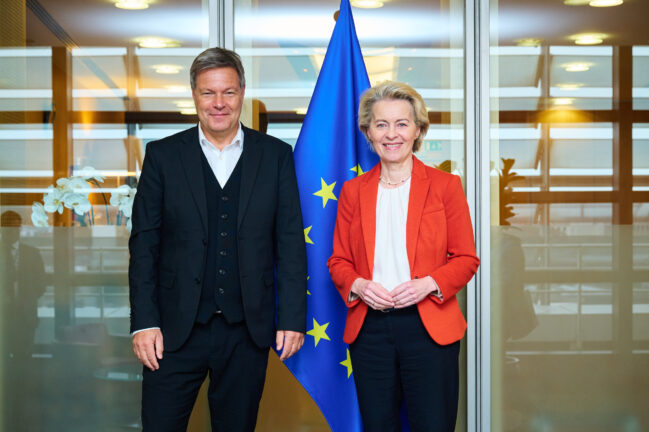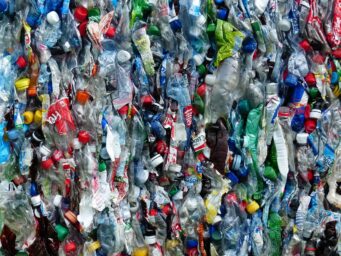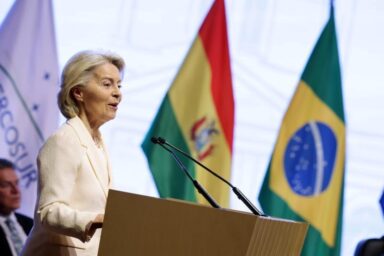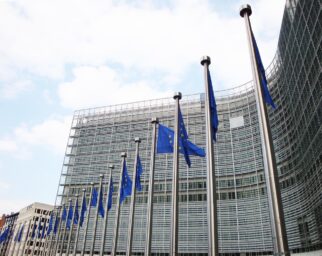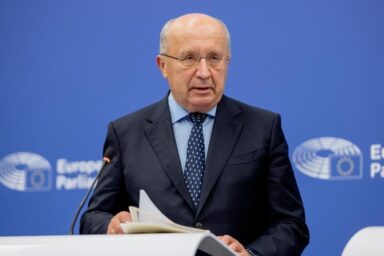Robert Habeck of the Green Party, former Germany’s Federal Minister for Economic Affairs, will be leaving the German Bundestag (Parliament). In future, he intends to devote himself to academic work ending speculations about his possible career in Brussels. Habeck was one of the most prominent figures of the previous Olaf Scholz’s government.
“I informed the Bundestag Presidium that I will be resigning my seat in the Bundestag on 1 September,” Mr Habeck told the Tageszeitung newspaper on Monday evening on 24 August. He served as a vice-chancellor in the previous coalition government between December 2021 and May 2025.
The so-called traffic light coalition had consisted of the the center-left Social Democrats (SPD), Greens, and the business-focused Free Democrats (FDP). The coalition fell apart after when the FDP had withdrawn in November 2024. This move prompted a snap election in February 2025. Habeck’s Green Party, however, secured just 11.6 per cent of the vote in these elections which sent the party into the opposition.
“Change of perspective”
Mr Habeck indicated that academic carrier will be his next goal. “I will be researching, teaching and learning at various foreign research and educational institutions over the next year,” former vice-chancellor said of his next step. He mentioned the Danish Institute for International Studies in Copenhagen and also the University of California in Berkeley, US. “But there will be other institutions I will be collaborating with,” Mr Habeck added.
Politics and political reporting are highly self-referential. I want to look at it from the outside. — Robert Habeck, former vice-chancellor of Germany
He framed his departure from German politics as a broadening of horizons, a change of perspective. “My aim is to break down internal views. Politics and political reporting are highly self-referential. I want to look at it from the outside,” Mr Habeck told Tageszeitung.
Firm advocate of climate protection
During his political carrier, Habeck continuously fought for climate protection, economic reforms, and for large state subsidies. However, he found himself at odds with the left wing of his own party, which battled to accept his support for stricter asylum and immigration rules.
Mr Habeck had guided Germany through the energy crisis in 2022 and massively accelerated the energy transition. Russia’s invasion of Ukraine forced Germany to get rid of Russian gas and Robert Habeck was tasked with finding other sources of energy, such as LNG.
You might be interested
The former vice-chancellor was a firm opponent of nuclear energy, having pushed against efforts at the EU level to label nuclear power as a sustainable and green energy source.
